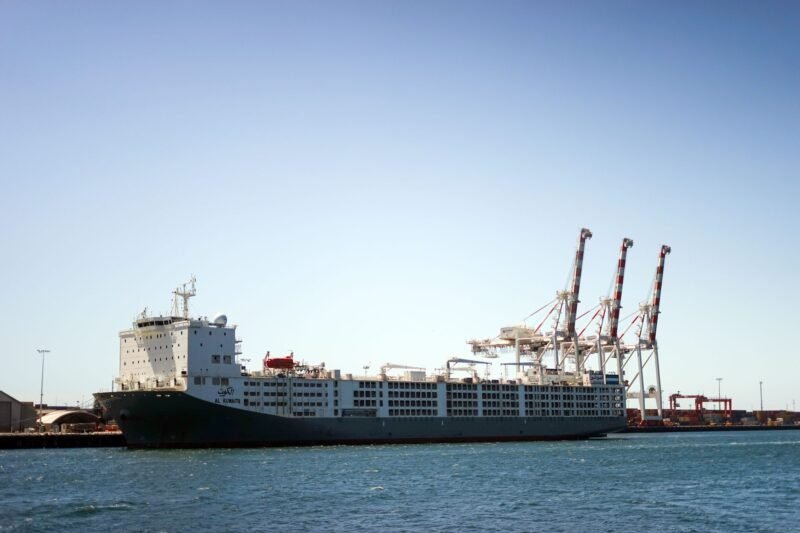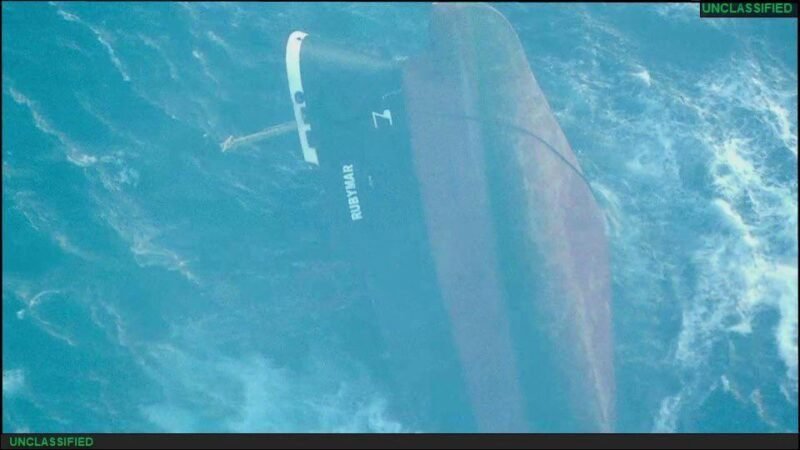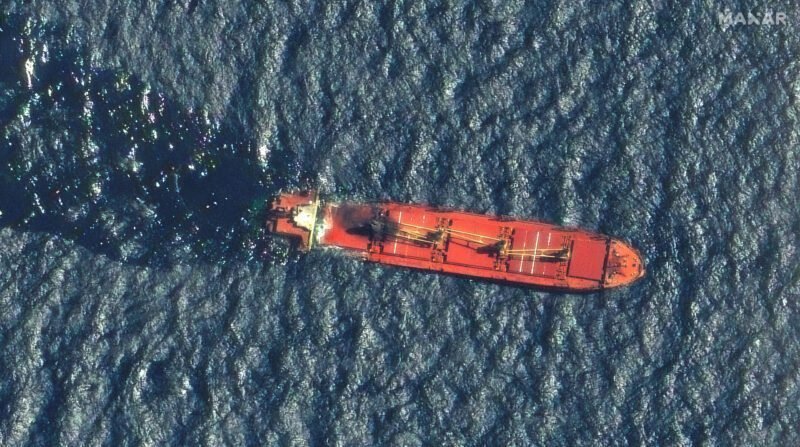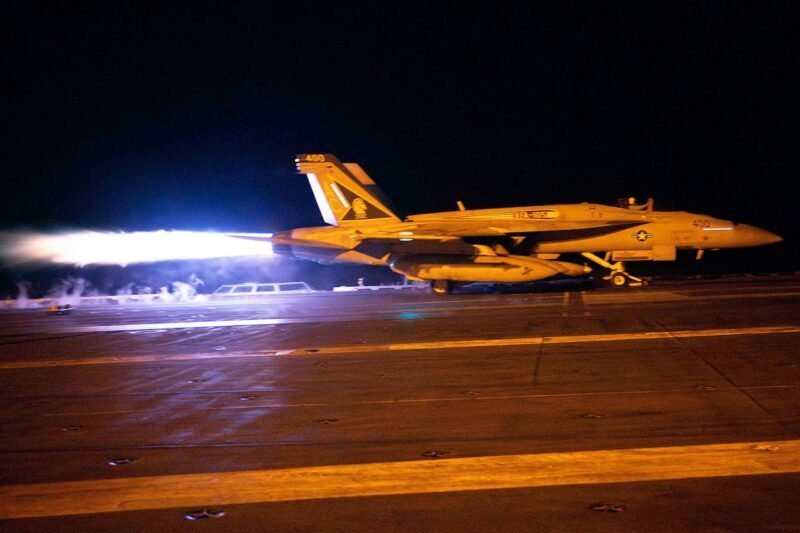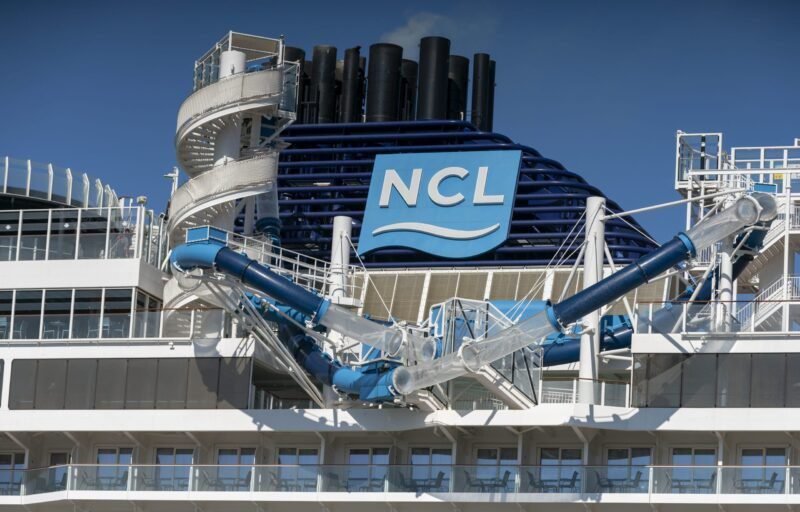The ship Bahija, carrying Australian livestock, was originally destined for the Middle East but has been diverted towards Africa, potentially due to the escalating conflict in the Red Sea. This diversion could raise animal welfare concerns and disrupt food supply chains. The ongoing war between Israel and Hamas has led to attacks on ships by Iran-backed Houthis, causing disruptions in the flow of goods from oil to crops.
The Australian government stated that the ship left the Red Sea due to the deteriorating security situation, and no significant welfare concerns have been reported at this time. Livestock, mainly sheep, are exported through Fremantle, and Jordan often imports live animals ahead of Ramadan, which begins in March this year. However, the practice of importing livestock has raised concerns about animal health and safety.
Suzanne Fowler, chief scientific officer of the Royal Society for the Prevention of Cruelty to Animals Australia, warned that the realignment of the ship’s route could extend an already long and arduous journey for the animals, posing risks to their welfare. It was also mentioned that Australian livestock shipments have reserve feed, accredited veterinarians, and warehouse workers responsible for constantly monitoring the animals’ welfare. The owners of the ship, Bassem Dabbah Shipping Inc. and Korkyra Shipping Ltd. did not immediately respond to comments.
Overall, the diversion of the ship carrying Australian livestock to Africa as a result of the escalating conflict in the Red Sea raises concerns about potential risks to animal welfare and disruptions to food supply chains. It highlights the impact of conflict on global shipping markets and the challenges faced by both the livestock industry and animal welfare organizations in ensuring the safety and well-being of animals during long and arduous journeys.
Share it now


